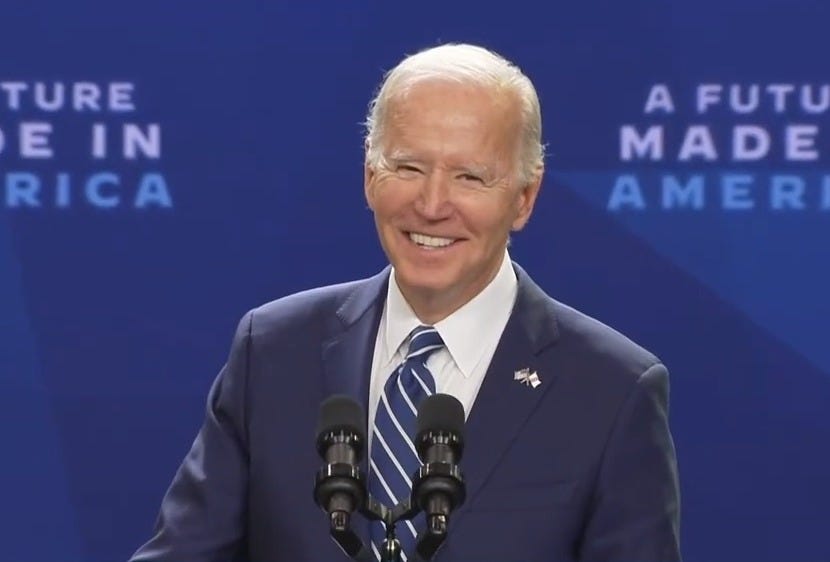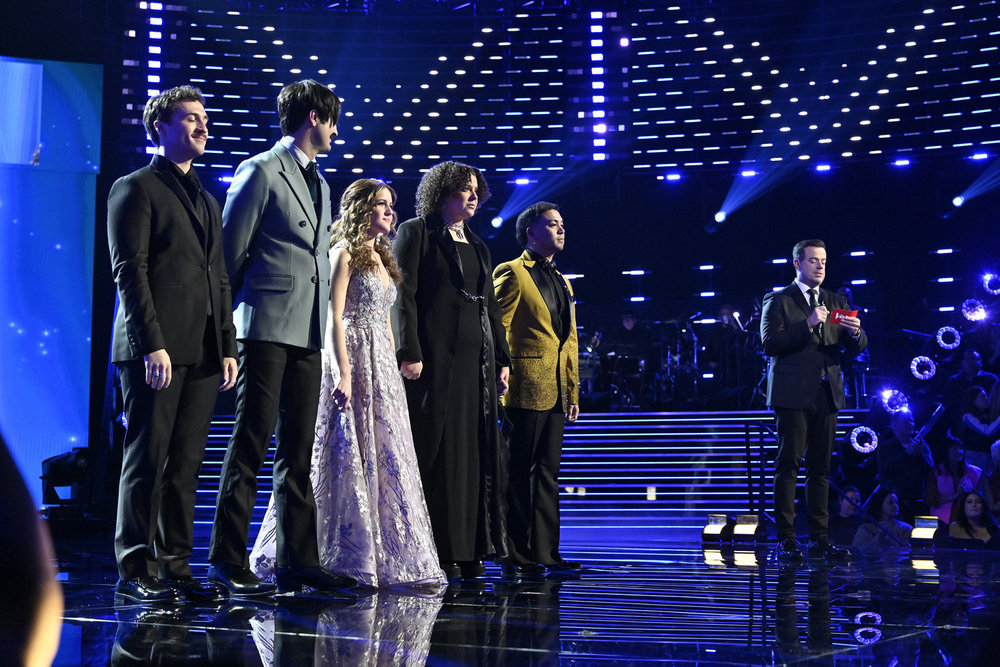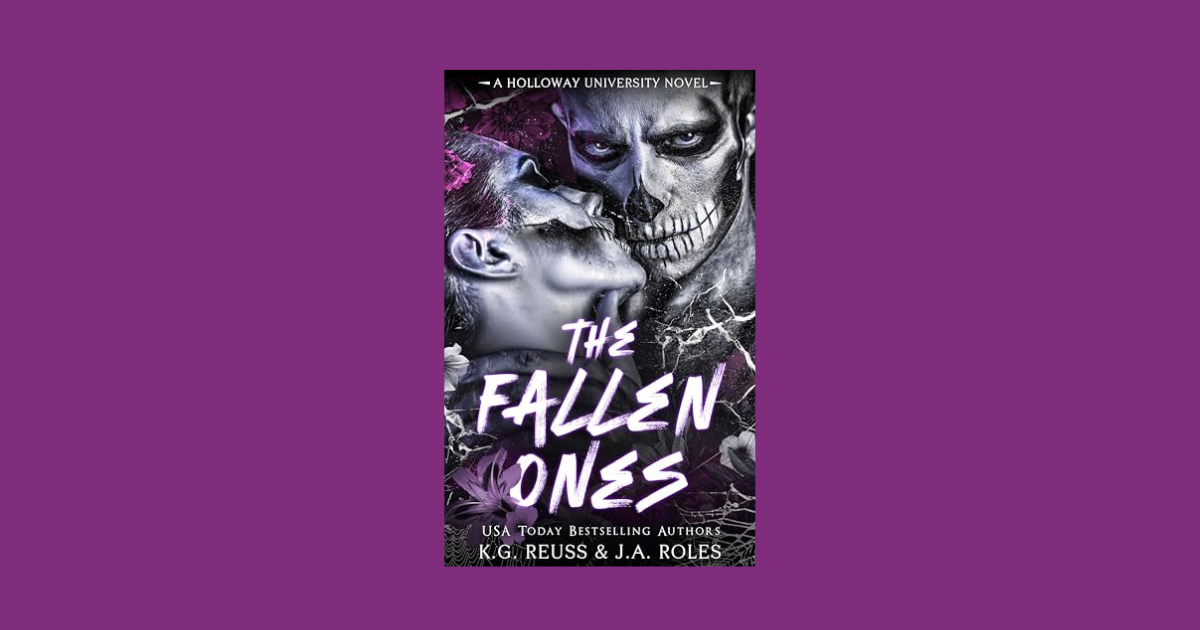Steamy affairs and love triangles are not a recent cinematic invention (after all, “Challengers” is one of the biggest bookmarks in this year’s cultural canon), but Chokri takes the familiar subject matter and crafts it with the whimsy of old and the depth of new. References, like to the wintry, taboo romance of “All That Heaven Allows,” feel worn on the sleeve of “The Nature of Love.” Daytime light will suddenly drop out, only to be replaced by smaller, more intimate sources (like a car’s dashboard lights in the film’s first sultry scene). There’s a constant quirk felt in the film’s staging that tugs at smiles and lights your heart aflame alongside Sophie’s.
The film’s score by Émile Sornin feels plucked out of the golden age, as do Chokri’s framing choices. Yet, coupled with these foundational elements is an eccentric modernity and edge that presents itself via Pauline Gaillard’s witty editing: quick montages cut between charged eye contact and single scenes are shot from numerous unconventional perspectives and spliced together side by side. There is a charm to the fabrication of “The Nature of Love,” a pleasing hyper awareness of the artists’ hands.
Chokri’s writing is sharp, tucking comedy into fleeting pockets of time that run alongside red-hot lust, romantic trepidation, and existential soul-searching. This flood of emotions and how they present within the script is quite similar to the feeling of falling in love, with all its transient giggling, anxiety, and desire. Lépine-Blondeau and Cardinal have an electric chemistry that tips the romance of the film over the edge, and Chokri’s direction is constantly captivating.
The love triangle is carefully considered, and while the Xavier v. Sylvain dilemma falls into aspects of tropes, it serves enough of a purpose to be redeemable. Xavier is wealthy, smart, and cultured, but a placid, sad sack lover. The blue-collar Sylvain is “intellectually modest,” and shows troubling signs of aggression and xenophobia, but is a fiery revelation in the bedroom. These are stereotypes of ilks of men, but Chokri delivers enough peripheral characterization in their writing to grant them true agency, life, and dimension (as do the actors).


























































![LinkedIn Provides Tips on How to Promote Live Events [Infographic] LinkedIn Provides Tips on How to Promote Live Events [Infographic]](https://imgproxy.divecdn.com/kA4YczoBIs8NmPBiERWa-OxzvYMz5kwjjZ6wewP8z7c/g:ce/rs:fit:770:435/Z3M6Ly9kaXZlc2l0ZS1zdG9yYWdlL2RpdmVpbWFnZS9saW5rZWRpbl9ldmVudF9hZHNfaW5mb18yLnBuZw==.webp)













